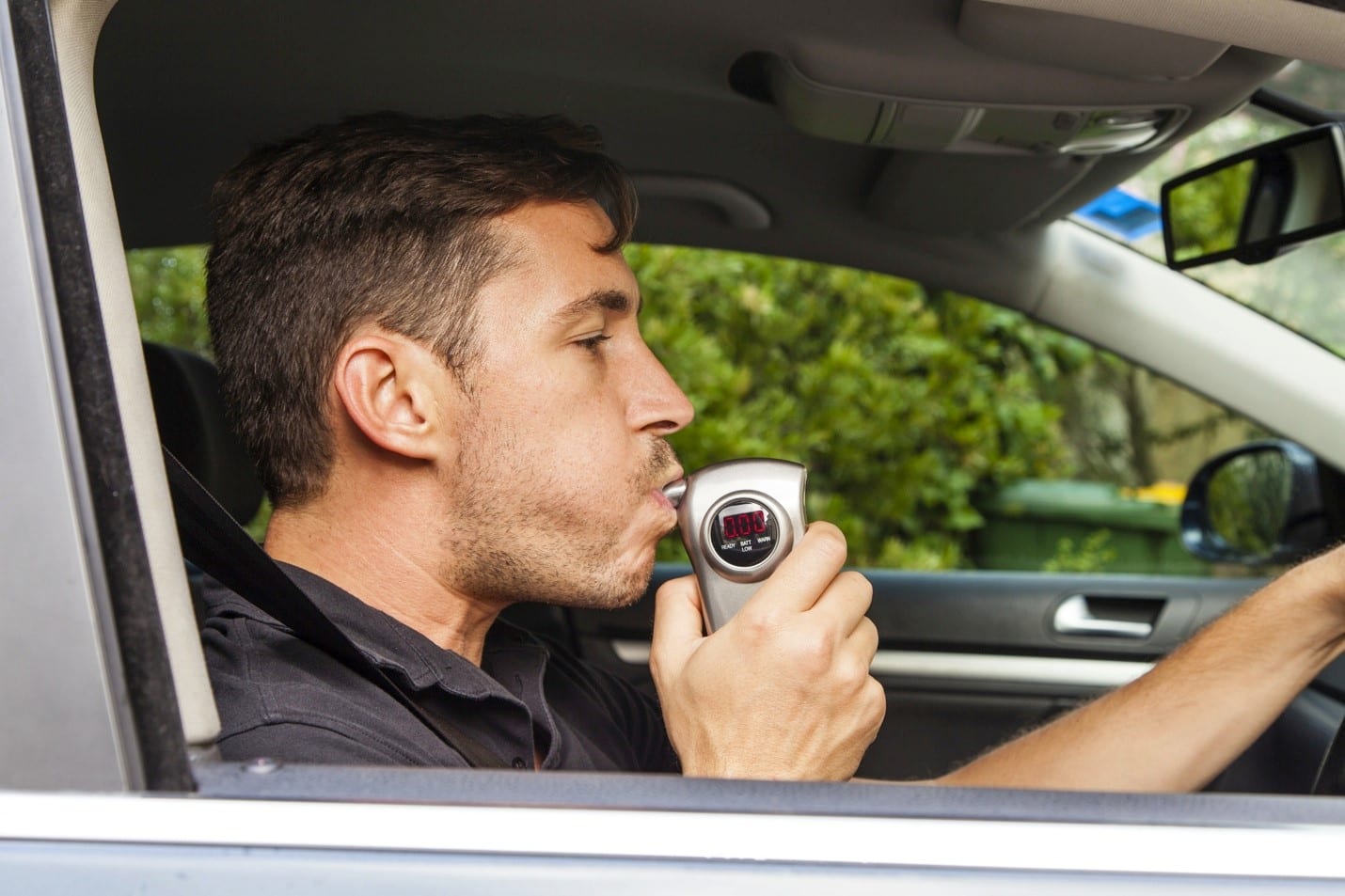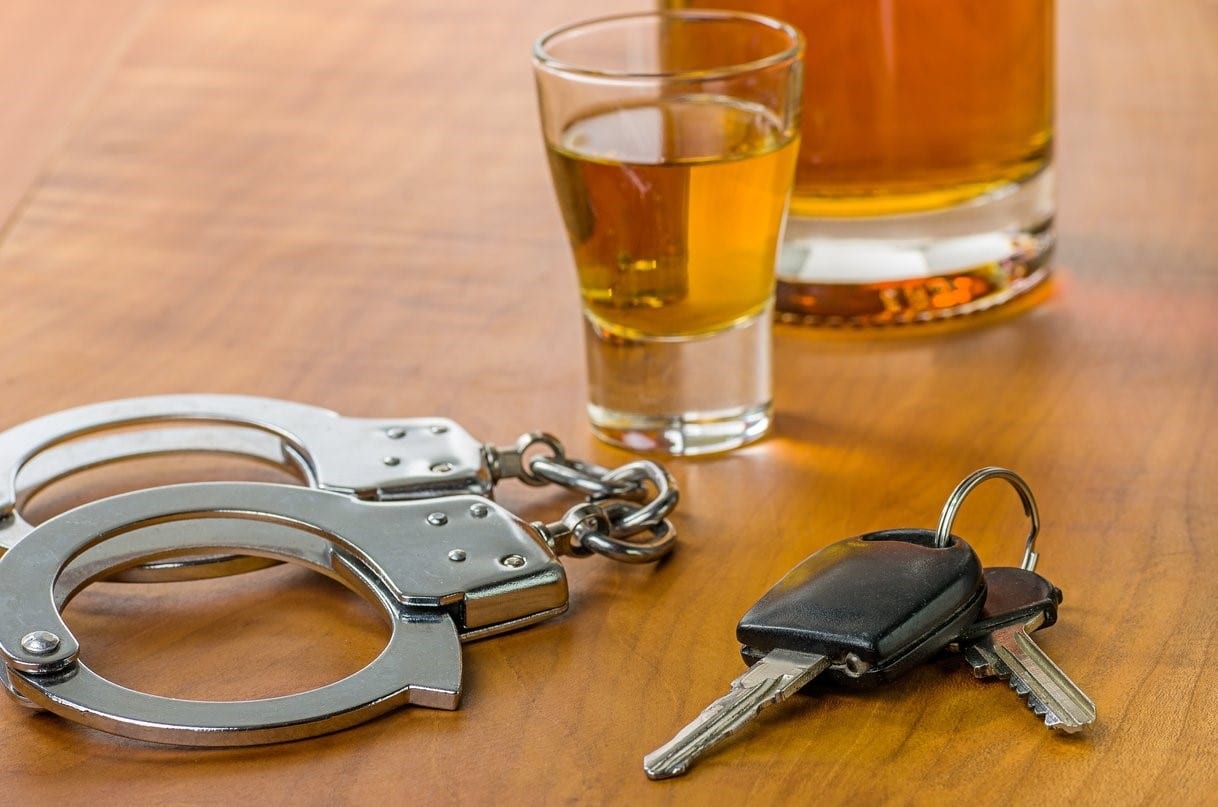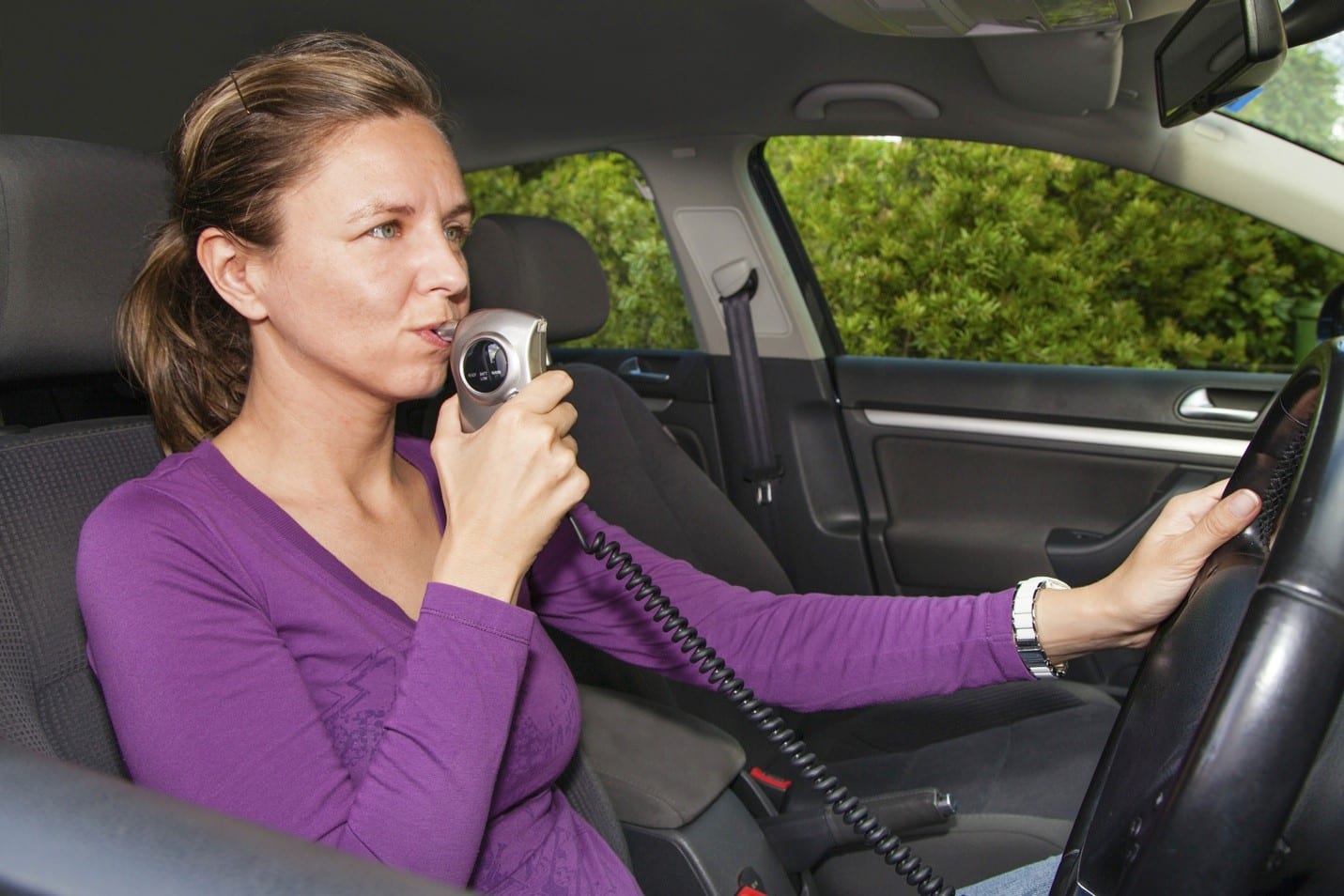
Drinking and driving is taken seriously in our state, but a new law may up the ante on penalties for all DWI offenders.
A group of Minnesota lawmakers – Rep. Kim Norton, DFL-Rochester, Rep. Tim Kelly, R-Red Wing, and Sen. Chris Eaton, DFL-Brooklyn Center – are proposing new legislation that aims to stop millions of drunk drivers before they even have a chance to get on the road. The law, which is supported by Mothers Against Drunk Driving (MADD), would require the use of ignition interlock devices for all drunk driving offenders.
If Minnesota passes this law, we would be the 26th state to have something like it on the books. According to a MADD report, 1.77 million attempts to drive drunk in Minnesota have already been stopped by ignition interlock devices. And the other 25 states that have IID laws have seen a 15 percent reduction in traffic deaths related to alcohol.
The report also claims that the current penalty for first and second time DWI offenders is ineffective. Just because an offender loses his or her license doesn’t automatically prevent them from driving. In fact, 50 to 75 percent of offenders simply drive without a license.
With this new law potentially on the horizon, let’s take a look at our current DWI laws and how this proposed legislation would change that.

Current Minnesota DWI Penalties
As it stands right now, if you are convicted of a DWI as a first time offender, you could face penalties that include:
- Up to 90 days in jail
- Up to $1,000 in fines
- Up to a 90-day driver’s license suspension
Not to mention a number of other consequences that come with a DWI conviction such as court and administrative fees, attorney costs, higher insurance premiums, damage to your reputation, and more.
But if this is your first conviction and your blood alcohol content (BAC) wasn’t over 0.16, you have some options when it comes to having your license suspended:
- Option 1: Installation of an ignition interlock device with full class D driving privileges
- Option 2: After a 15-day waiting period of no driving, a limited license will be issued, allowing a person to drive up to 60 hours and 6 days per week to and from work, school, treatment, abstinence-based support group meetings, and court and probation meetings
- Option 3: No driving for the full 90-day period
Even though you’ve been convicted of a DWI, you don’t automatically have to lose your license. You can choose an IID, which gives you full driving privileges as long as you don’t set off the device. Or you can choose a limited or full license suspension.
If your BAC is above 0.16 or it’s your second conviction, you can choose between a year suspension of your driver’s license or an IID with full driving privileges.
If someone is convicted three or more times for a DWI, though, they are required to have an IID in their vehicle.
So, it seems that although an ignition interlock device is an option, many offenders are choosing to have their license suspended and then driving anyway.

How Would the New Law Work?
If the new IID law passes, all DWI offenders would automatically have to have an IID installed in their car.
For first time offenders, this means they would have to keep the devices installed for at least a year and wouldn’t be able to remove them before going at least 180 days without setting off the device with an impaired result. Repeat offenders would have to keep the devices installed for longer periods of time.
Lawmakers hope this device will cause people to modify their behavior. While someone might think they are perfectly fine to drive, an ignition interlock device might show them differently. This experience could potentially be a very important lesson for the future when the IID is eventually removed.
Currently, offenders have to pay for the IID out of their own pocket, but the law also includes a provision to attempt to divert some drunk driving fines to help with the cost.
The bill was unanimously passed in the House Transportation Committee and will now move to the Public Safety Committee.
Fatal crashes due to alcohol were up 15 percent last year in the state and are on pace to be even higher this year. While an IID might feel restrictive, saving lives is the primary concern – it’s difficult to argue with that.
This doesn’t mean you should just stay quiet and accept your DWI charge, though. There are all kinds of reasons why someone might be falsely charged – and a number of defenses to use against even the strongest-seeming cases – and you owe it to yourself and your loved ones to fight back.
About the Author:
Christopher Keyser is a Minneapolis-based criminal and DWI defense attorney known for fighting aggressively for his clients and utilizing innovative tactics to get the most positive results. He has been featured in numerous media outlets due to the breadth and depth of his knowledge, and recognized as a Minnesota Super Lawyers Rising Star, a Top 100 Trial Lawyer, and a Top 40 Under 40 Attorney.





